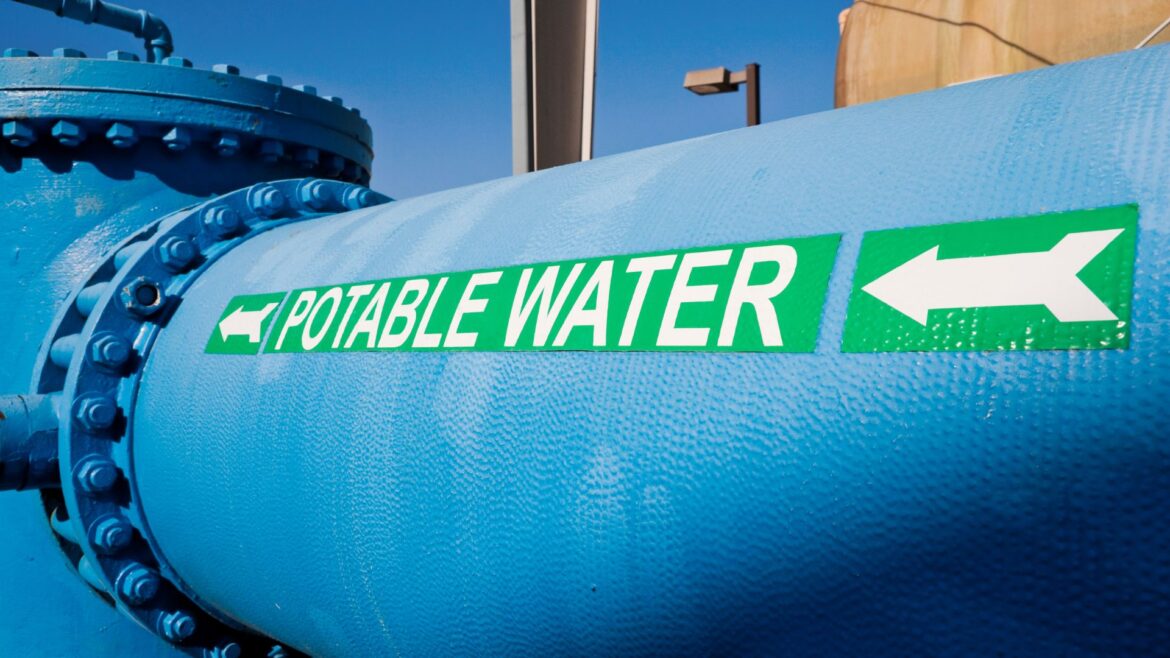Table of Contents
Success Stories Transforming Women’s Lives in India Series: Availability of Potable Water in Lakshadweep Islands
The National Institute of Ocean Technology (NIOT), under the Ministry of Earth Sciences (MoES), has developed an innovative Low Temperature Thermal Desalination (LTTD) technology that has proven to be a game-changer for the residents of the Lakshadweep islands. This technology offers a sustainable solution to the critical challenge of providing fresh drinking water in isolated and resource-scarce island environments.
What is LTTD Technology and How Does it Work:
Low Temperature Thermal Desalination technology leverages the natural temperature difference between the warm surface seawater and the cold deep seawater. In this process, warm seawater is flash-evaporated under low pressure, and the resulting vapour is condensed using cold deep seawater, producing fresh potable water. The LTTD technology is found suitable only for Lakshadweep islands as of now as the required temperature difference between sea surface and deep water of about 15⁰C is available there.
Unlike many other desalination technologies, LTTD does not require chemical pre- or post-treatment of seawater, making it environmentally friendly with minimal pollution impact. This feature is particularly beneficial for island territories where maintaining ecological balance is crucial.
Successful Implementation of LTTD in Lakshadweep:
Indian government has recognised the urgent need of fresh water in it’s island territories. In the initial phase GoI had established LTTD plants with a capacity of 100 cubic meters (1 Lakh litre) per day on the islands of Kavaratti, Minicoy, and Agatti in the Union Territory of Lakshadweep. These plants have been specifically designed to address the unique challenge of potable water on the island. The technology has proven highly effective in converting seawater into potable / drinkable water.
The success of these initial installations has led to the projects approval for establishment of similar plants on six more islands in the Lakshadweep group namely Amini, Androth, Chetlet, Kadmat, Kalpeni and Kiltan with a capacity of 150 cubic meters (1.5 lakhs litres) per day.
Positive Impact on Women’s Lives:
The introduction of Low Temperature Thermal Desalination technology has had a profound impact on the lives of the people of Lakshadweep, particularly women. Prior to the installation of these plants, access to clean drinking water was a significant challenge, often requiring long and laborious efforts to obtain water that was not always safe for consumption. With the availability of fresh, potable water, women in these communities have experienced a marked improvement in their health and hygiene. The burden of fetching water, traditionally a task assigned to women, has been greatly reduced, allowing them more time for other productive activities. Having access to clean water for drinking and other household chores has enhanced overall domestic well-being, contributing to the improved quality of life.
This indigenous technological innovation represents a major milestone in India’s efforts to improve the living conditions in remote and isolated regions. By addressing a fundamental need such as access to safe potable drinking water, LTTD technology is not only transforming the lives of the people in Lakshadweep but is also setting a precedent for sustainable development in other coastal and island regions.
The ongoing expansion of LTTD plants across more islands in the Lakshadweep group underscores the government’s commitment to ensuring that all citizens, regardless of their geographic location, have access to the basic necessities of life, thus fostering greater equity and social justice.











